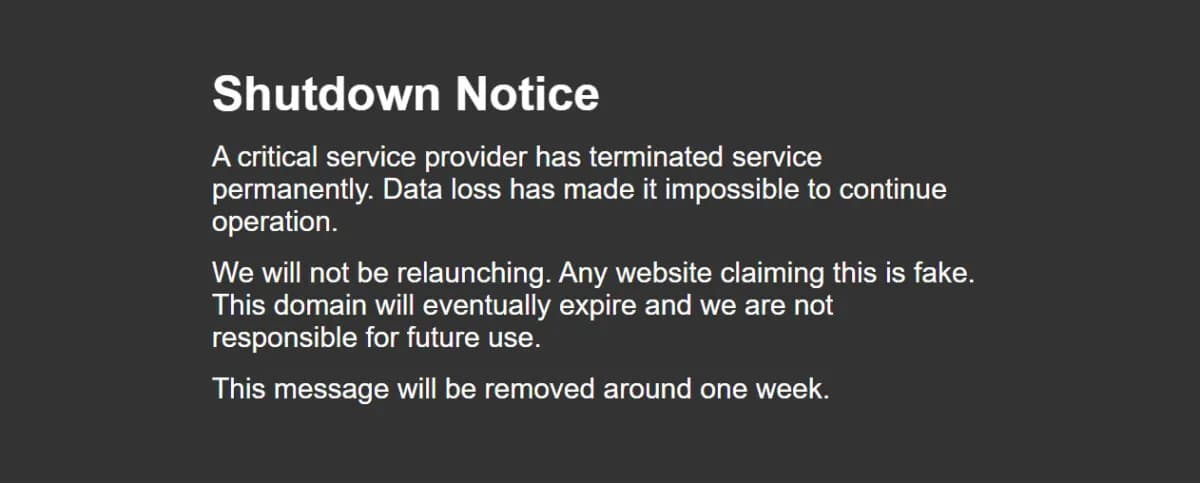One of the biggest websites focused on deepfake AI p*rnography has announced its closure after a key service provider stopped supporting it, leading to the end of its operations.
Launched in 2018, Mr. Deepfakes has been labeled by researchers as a major platform for deepfake p*rn featuring both celebrities and private individuals.

Recently, visitors to the site saw a “Shutdown Notice” on its homepage, stating that it would not be reopening.
The website enabled users to upload and watch deepfake p*rn videos created with artificial intelligence. It also had forums where users could buy and sell custom-made nonconsensual deepfake content and share tips on making deepfakes. The identity of the site’s owner remains unknown.
The closure follows Congress’s recent passage of the “Take It Down Act,” which criminalizes the posting of nonconsensual sexual images, including explicit deepfakes.
This legislation, supported by first lady Melania Trump, mandates that social media platforms and other websites must remove such content within 48 hours of a victim’s request.
Although it is uncertain whether the website’s shutdown is directly linked to the Take It Down Act, it represents a significant move in the fight against nonconsensual sexual imagery.

Henry Ajder, an expert on AI and deepfakes, expressed to reporter that this moment should be celebrated, calling the website a “central node” for deepfake abuse.
Ajder mentioned that while the problem of nonconsensual deepfake imagery will persist, shutting down the largest archive of such content is a positive development.
He believes this will make it harder for users to access such material and may disperse the community, pushing them toward less mainstream platforms like Telegram.
He noted that while these communities will likely migrate elsewhere, they won’t find a platform as large or influential as Mr. Deepfakes, which he considers crucial.
Ajder advocates for more global legislation and increased public awareness to combat nonconsensual sexual deepfake imagery effectively.
He believes society is beginning to take this issue more seriously and that the necessary infrastructure is starting to form to address it better than before. However, he warns that ongoing vigilance and resources are essential to continue the fight.
Other Stories You May Like
